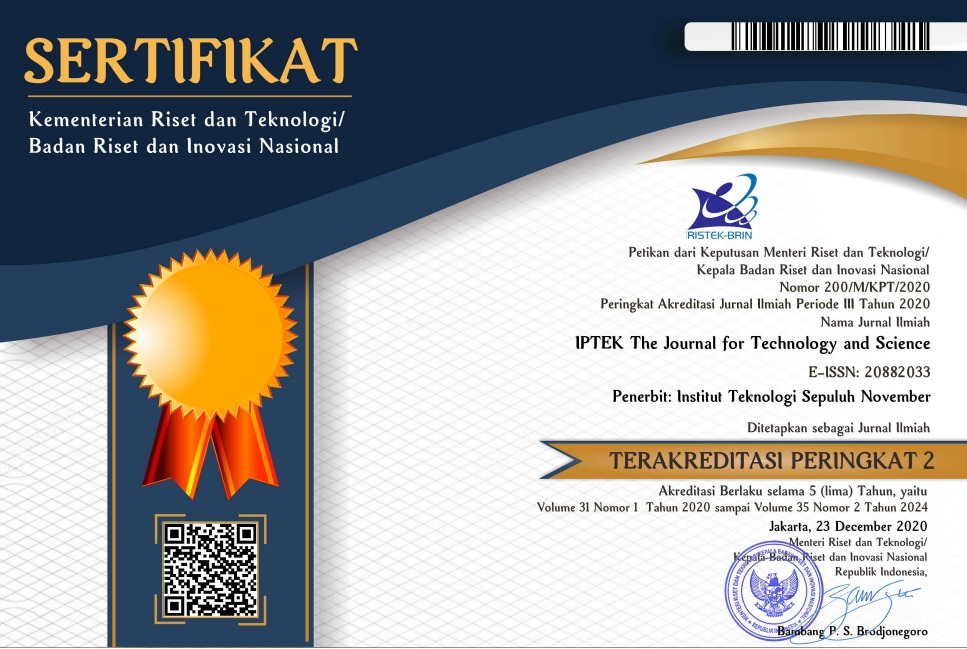Diagnosis of Heart Disease Using Feature Selection Methods Based On Recurrent Fuzzy Neural Networks
Abstract
Keywords
Full Text:
Full TextReferences
Rakhshan SA. Efficiency ranking of decision making units in data envelopment analysis by using TOPSIS-DEA method. Journal of the Operational Research Society 2017;68(8):906–918.
Barat M, Tohidi G, Sanei M, Razavyan S. Data envelopment analysis for decision making unit with nonhomogeneous internal structures: An application to the banking industry. Journal of the Operational Research Society 2019;70(5):760–769.
Samuel OW, Asogbon GM, Sangaiah AK, Fang P, Li G. An integrated decision support system based on ANN and FuzzyAHP for heart failure risk prediction. Expert Systems with Applications 2017;68:163–172.
Uyar K, Ilhan A. Diagnosis of heart disease using genetic algorithm based trained recurrent fuzzy neural networks. In: Procedia Computer Science, vol. 120; 2017. p. 588–593.
Louridi N, Amar M, Ouahidi BE. Identification of Cardiovascular Diseases Using Machine Learning. In: 7th Mediterranean Congress of Telecommunications 2019, CMT 2019; 2019. p. 1–6.
Yadav SS, Jadhav SM, Nagrale S, Patil N. Application of Machine Learning for the Detection of Heart Disease. In: 2nd International Conference on Innovative Mechanisms for Industry Applications, ICIMIA 2020 - Conference Proceedings; 2020. p. 165–172.
Reddy PK, Reddy SK, Balakrishnan S, Basha SM, Poluru RK. Heart disease prediction using machine learning algorithm. International Journal of Innovative Technology and Exploring Engineering 2019;8(10):2603–2606.
Lin CH, Yang PK, Lin YC, Fu PK. On Machine Learning Models for Heart Disease Diagnosis. In: 2nd IEEE Eurasia Conference on Biomedical Engineering, Healthcare and Sustainability 2020, ECBIOS 2020; 2020. p. 158–161.
Sharma V, Rasool A, Hajela G. Prediction of Heart disease using DNN. In: Proceedings of the 2nd International Conference on Inventive Research in Computing Applications, ICIRCA 2020; 2020. p. 554–562.
Li JP, Haq AU, Din SU, Khan J, Khan A, Saboor A. Heart Disease Identification Method Using Machine Learning Classification in E-Healthcare. IEEE Access 2020;8:107562–107582.
Magesh G, Swarnalatha P. Optimal feature selection through a cluster-based DT learning (CDTL) in heart disease prediction. Evolutionary Intelligence 2021;14(2):583–593.
Revathi KR, Kavitha KK. Comparison of classification techniques on heart disease data set. International Journal of Advanced Research in Computer Science 2017 dec;8(9):276–280. http://ijarcs.info/index.php/Ijarcs/article/view/4870.
Buettner R, Schunter M. Efficient machine learning based detection of heart disease. In: 2019 IEEE International Conference on E-Health Networking, Application and Services, HealthCom 2019; 2019. p. 1–6.
DOI: http://dx.doi.org/10.12962%2Fj20882033.v32i2.7075
Refbacks
- There are currently no refbacks.
IPTEK Journal of Science and Technology by Lembaga Penelitian dan Pengabdian kepada Masyarakat, ITS is licensed under a Creative Commons Attribution-ShareAlike 4.0 International License.
Based on a work at https://iptek.its.ac.id/index.php/jts.


